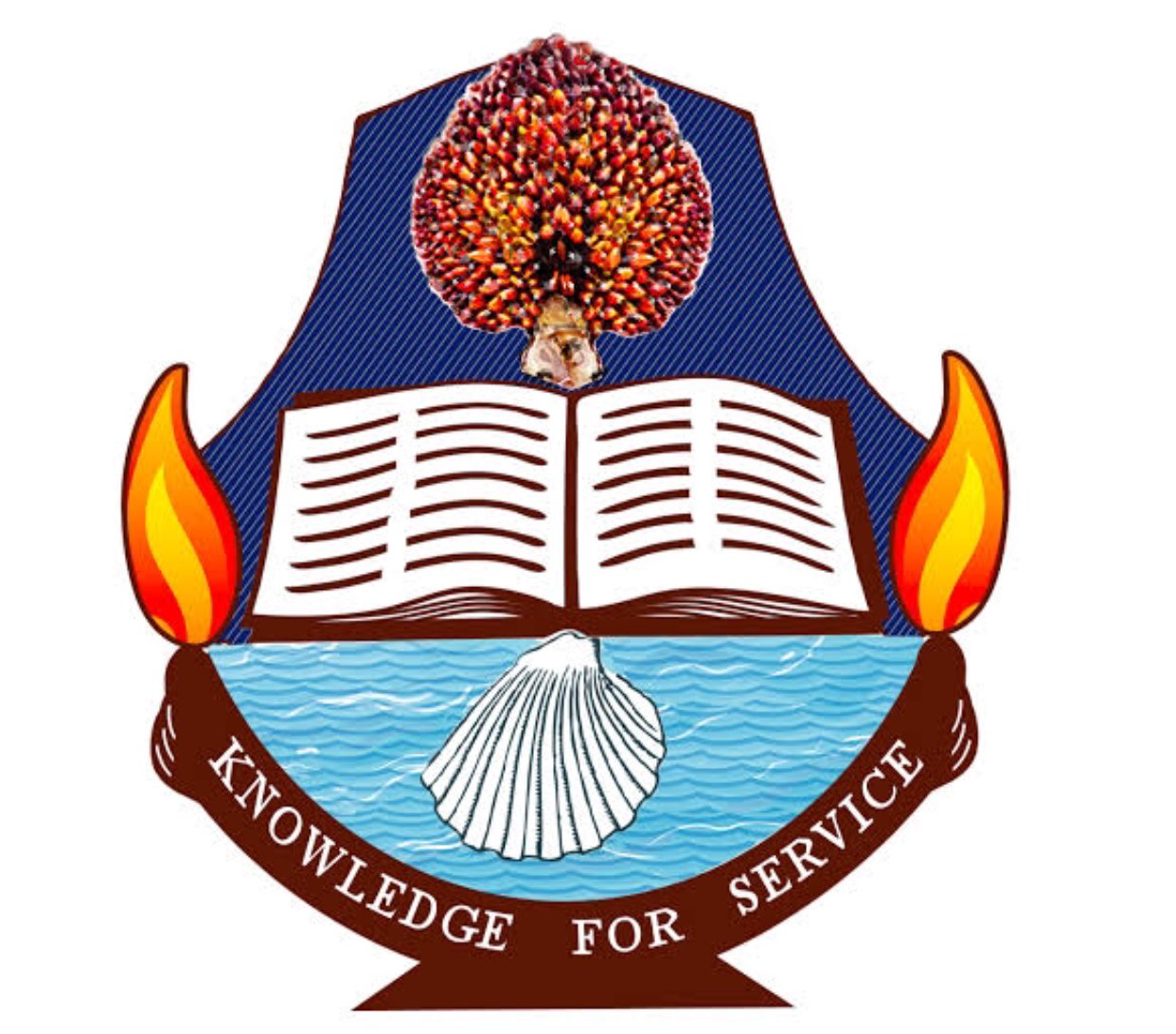Kogi State Polytechnic (KSP) School Fees For Non-Indigenes (2024)
Kogi State Polytechnic (KSP) School Fees For Non-Indigenes
Contents
For aspiring students from outside Kogi State seeking to pursue higher education at Kogi State Polytechnic (KSP),understanding KSP school fees for non-indigenes is crucial for informed decision-making and effective financial planning.
This comprehensive guide aims to clarify these fees, empowering you to navigate your academic journey with confidence.
Understanding the Components of KSP School Fees for Non-Indigenes:
KSP school fees for non-indigenes are composed of various elements that contribute to your overall educational costs.Let’s break down these fees:
Registration Fees:
- Pre-ND Registration: N1,500
- ND Registration: N1,500
- HND Registration: N1,500
Departmental Fees:
These fees vary depending on your chosen program.
Other Mandatory Fees:
- Caution Fee: N2,000 (refundable upon graduation)
- Sports Fee: N1,000
- Health Insurance: N2,000
- ID Card: N1,000
- Library/Development Fee: N2,500
- Exam Fee: N2,000
- Student Handbook: N1,000
- Campus Maintenance Fee: N1,500
- Matriculation Fee: N500
- Screening Fee: N1,000 (ND) / N1,500 (HND)
- Medical Fee: N500
- Technology Fee: N3,700
- SUG Fee: N500
Program-Specific Fees:
- Lab/Studio Fee: N4,000 (ND) / N8,000 (HND)
- Entrepreneurship Fee: N2,000 (HND only)
Tuition fees:
- Pre-ND: N15,900
- ND: N15,900
- HND: N25,300
Additional Fees (Optional):
- Convocation Fee (Year II): N2,000
- Result Verification: N1,500
- Late Payment Penalty: N500 per day
Please note: These are estimated fees and may vary depending on several factors, including your program of study, year of study, and specific requirements.
It’s crucial to consult the official KSP website or contact the Admissions Office for the latest and most accurate information regarding KSP school fees for non-indigenes.
Exploring Financial Resources:
Several financial resources are available to assist non-indigene students in managing their educational expenses:
-
External Scholarships: Explore scholarship opportunities offered by national and international organizations,corporations, and foundations.
-
Federal Government Loans: Consider applying for student loans from government agencies like the Federal Ministry of Education.
-
Private Loans: Research and compare loan options offered by various banks and financial institutions.
-
Part-Time Work: Seek part-time employment within the institution or the local community to supplement your income.
-
Freelancing: Utilize your skills and talents to offer freelance services online or in your local area.








